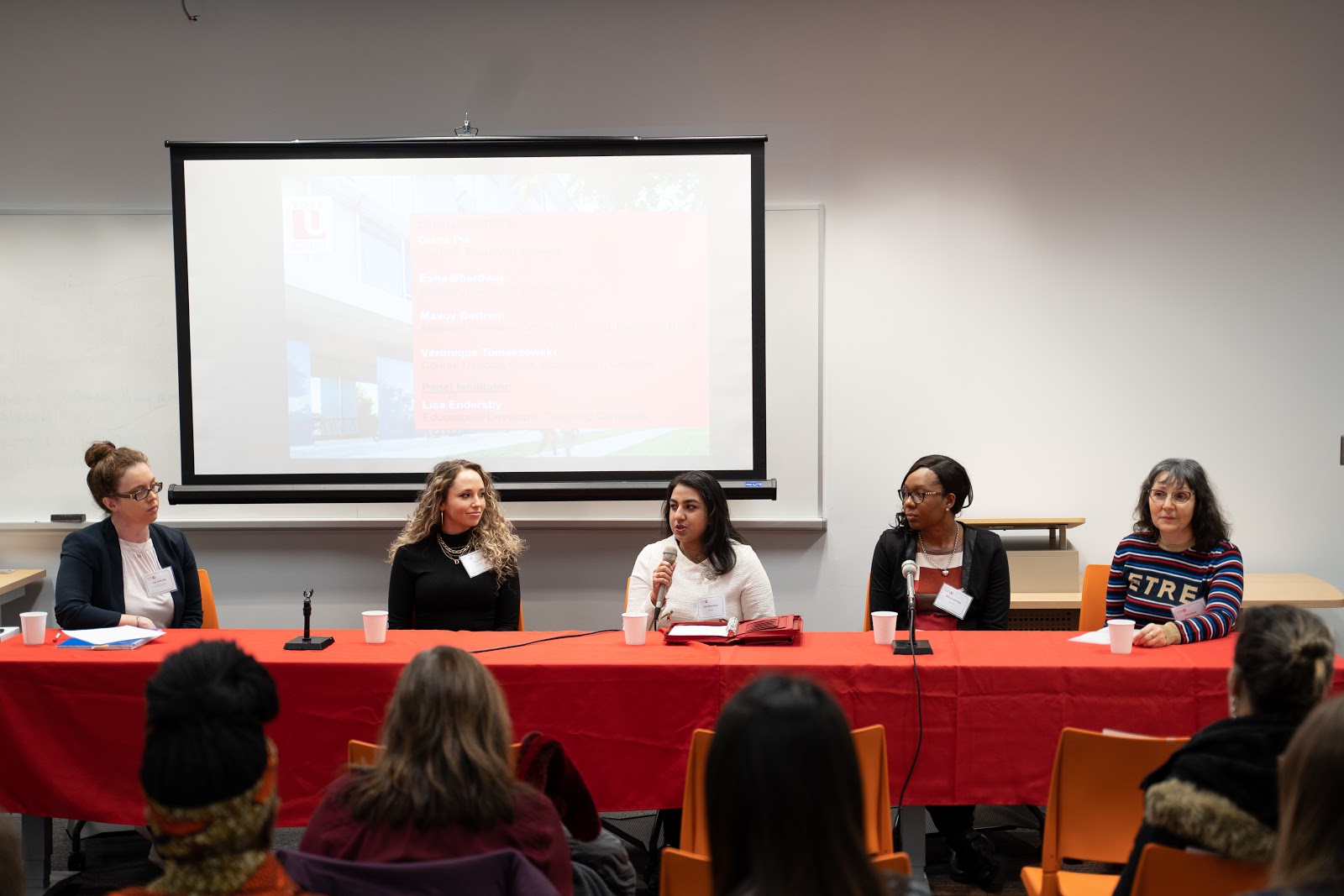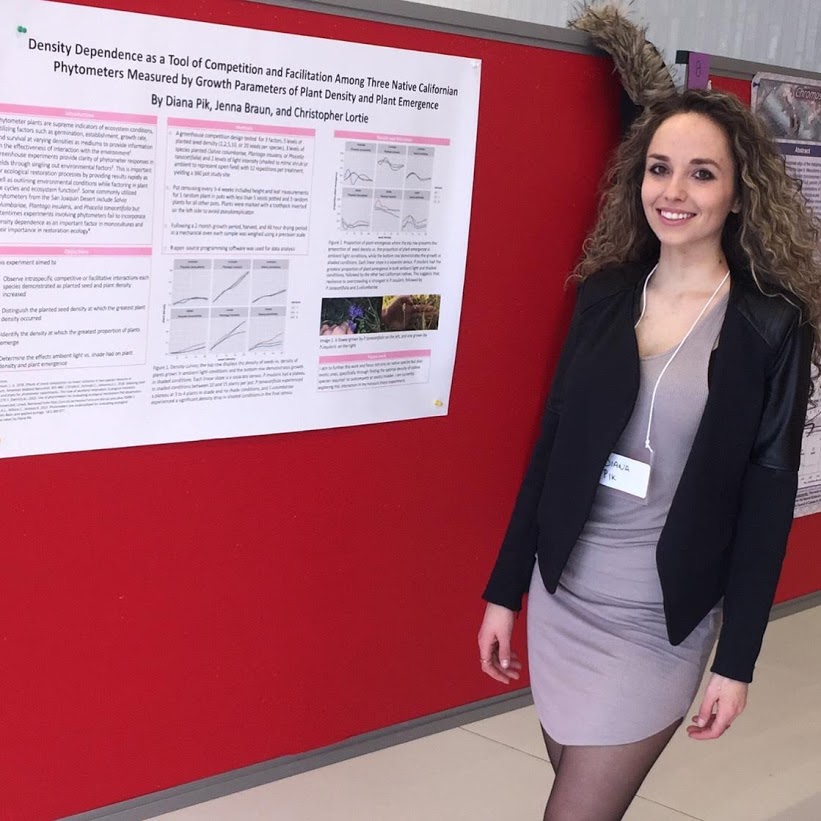A brief overview of our panel discussion and my perspective on why we must incorporate a variety of teaching styles for student success, as well as the critical role of experiential education in solidifying in-class learning.
Recently, I had the honor of speaking on a panel at York University’s annual Experiential Education symposium. Among the high profile attendees was York University’s President and Vice-Chancellor Rhonda Lenton, as well as chair and faculty members of various departments, accomplished students presenting various educational experiences, and the remarkable EE symposium team who all worked tirelessly to plan and execute such a successful event.
Do students currently receive the support they require?
As a recent graduate, it was a truly incredible opportunity to advocate the need for teachers and professors to enhance students’ learning by curating engaging lessons that incorporate the 7 different learning styles. When asked about the importance of reflective assignments, I spoke on why it is crucial and urgent for university faculty to address students’ needs for different types of teaching and assessment. Simply sticking to one form of teaching such as visual or verbal, or assessments strategies such as tests or assignments often leads to failure by some of the most talented and hard-working students. It is truly disheartening to witness brilliant students give up on their passions because the teacher or professor did not incorporate their optimal learning or assessment style. During this panel, I reinforced the importance of accounting for all students, accommodating for different needs, and utilizing different forms of teaching and assessment styles for inclusivity and student success. I believe that the Professors, faculty, and staff at York University are progressive in this respect, and it is inspiring to see them include a variety of mediums while teaching, which I was privileged to experience during my undergraduate studies.
The relevance of experiential education
Speaking on a panel alongside a moderator, a current student, and two members of faculty, we discussed the importance of experiential education. As we reflected on our personal experiences in experiential education, I began to realize just how much external opportunities such as research placements, internships, co-ops, or volunteering truly reinforces classroom taught concepts and aids students with making a connection in the real-life application of these subjects.
How often were you learning in a class wondering “when am I EVER going to use this?”. Until a concept or subject is related to current trends or explored in real-life applications, students may find themselves struggling with relating to a subject and in turn failing to find interest in it. True learning starts when interests are addressed. By giving opportunities and encouraging students to embark on experiential education, ideas and concepts are reinforced and students become empowered to make proactive changes in the real world. A subject taught on its own can be challenging to relate to, but when current trends and applications are discussed in the classroom, followed by hands on learning experiences outside of the classroom, students can master the most complex of fields.
Giving students a chance
The search for opportunities is hard – especially if you are a student. Due to the often untrue negative connotations associated with students, professors, labs, organizations, and other areas that offer experience may refrain from accepting students. To me, this seems like a backward mindset – if someone is putting their time and effort to learn and educate themselves, wouldn’t you want them and their eager attitude on your team? I think it’s time to stand up for students and give them a chance. This is a two-way approach; students need to take on opportunities by deciding to embark on experiential education, while professors, teachers, employers, and co-op/volunteer coordinators need to take a chance on students and guide them to learning while assisting your organization. Students are eager to learn and improve, and their lack of experience can be overcome with their ability to learn while providing an innovative view of the subject and its relation to current trends.
In ecology, it sometimes occurs that two (or more) organisms both gain a net benefit from their interaction; this is called mutualism. Now is the time to take a chance on students, and witness how you both develop a successful mutualistic relationship by working together.
Closing remarks
I am extremely grateful to everyone involved in planning and executing this event as well as all attendees. I appreciate and value York University’s faculty, staff, and students for allowing us to discuss our opinions on these subjects. I would like to also thank everyone for being so receptive to these insights and am open and appreciative of any and all critique and feedback.
For more information on the event:
News article by York University on the symposium
Tweet by York University
Credits: All photos of the panel are by York University C&PA

